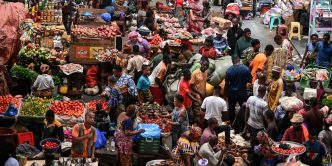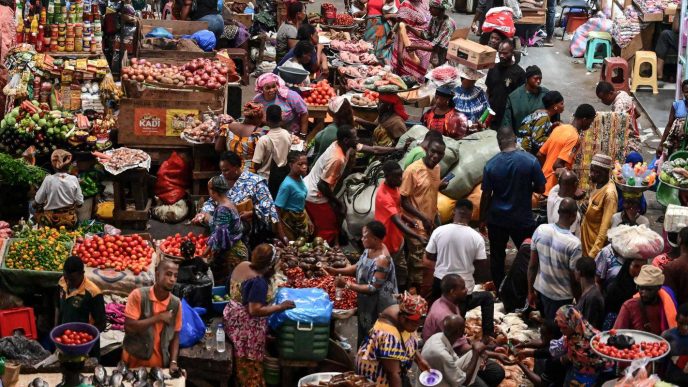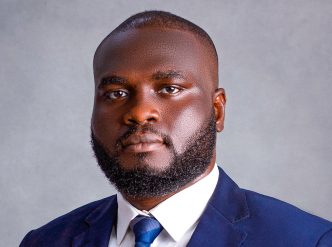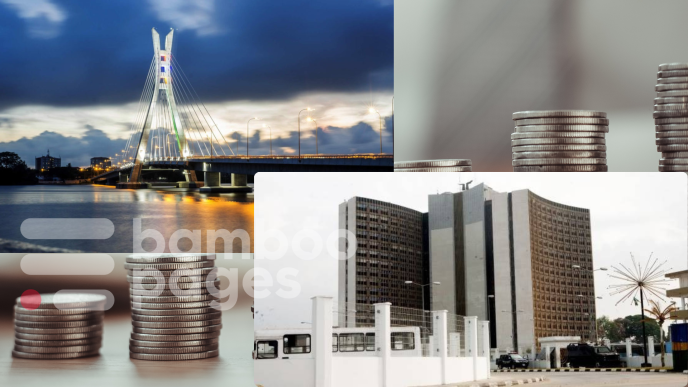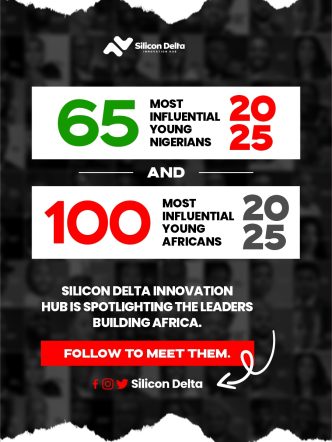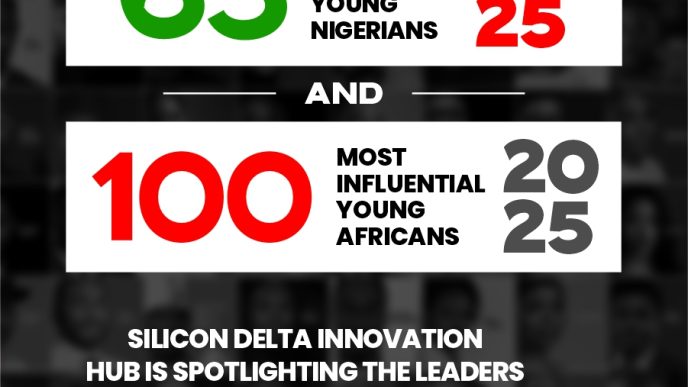Beyond economic contributions, the diaspora possesses valuable skills and expertise gained from their experiences abroad. By sharing their knowledge and expertise, diasporans can contribute to capacity building in Africa, helping to bridge the gap in critical areas such as technology, healthcare, and education. Moreover, diasporans can facilitate technology transfer, introducing innovative solutions to Africa’s development challenges.
However, the benefits of diasporan engagement extend far beyond economic empowerment and knowledge transfer. Reconnecting to Africa ensures that future generations maintain ties to their heritage and culture, fostering a deep sense of identity and belonging. This is particularly important for young Africans in the diaspora, who may struggle to find their place between two cultures.
So, what can be done to harness the potential of the African diaspora? First, African leaders and policymakers must create an enabling environment that encourages diasporan engagement. This includes implementing policies that facilitate investment, innovation, and entrepreneurship. Second, diasporans must take action, seeking out opportunities to contribute to Africa’s development. This can involve investing in African businesses, sharing expertise, or participating in mentorship programs.
Ultimately, harnessing the potential of the African diaspora requires a collective effort. It demands a forward-thinking perspective, one that sees Africa not for its current struggles but for its emerging possibilities. As Africans in the diaspora, we have a unique opportunity to contribute to Africa’s transformation.
Let us seize this moment, harnessing our collective strengths to build the Africa of our dreams – a continent thriving with innovation, prosperity, and unity.
The time to act is now. Africa’s brightest days are ahead, and those who contribute today will stand tall in the light of tomorrow. Let us rise to the challenge, embracing our shared responsibility to build a brighter future for Africa.
This is not a call to simply repatriate funds but to embrace the spirit of Ubuntu, the African philosophy that emphasizes communal support and shared humanity. Diasporans are urged to repatriate their networks, ideas, and expertise while collaborating with those back home. Together, we can harness our collective strengths to build the Africa of our dreams. Just as the darkest nights give way to dawn, Africa’s brightest days are ahead, and those who contribute today will stand tall in the light of tomorrow.
The author Oséyómón Ighódálóh is an entrepreneur and CEO of bamboo group limited, dedicated to Africa’s development through innovation and business development. He writes from Abuja, Nigeria. Oseyomonighodaloh@gmail.com

